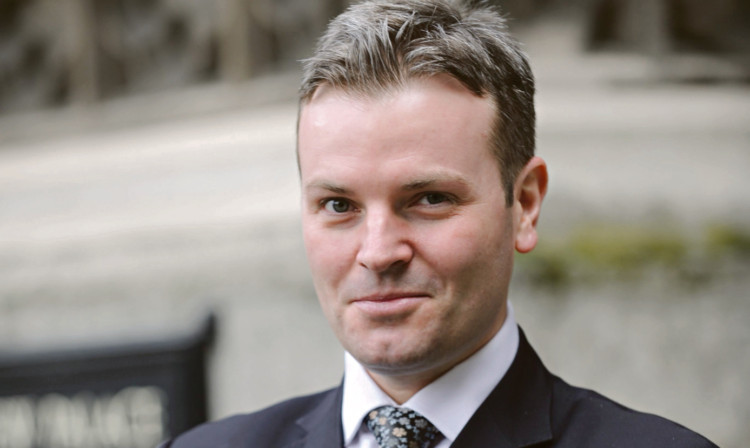
Doctors put in charge of saving the NHS cash are being paid up to £80,000 a year for working two and a half days a week.
A Sunday Post investigation has revealed GP-led Clinical Commissioning Groups established across England to run the health service are being paid “eye-watering” salaries on top of their GP earnings.
Critics have blasted CCGs, which replaced primary care trusts to improve accountability and save cash in the health service, for paying GPs up to £100 an hour and as much as £115,000 for 25 hours’ work in top roles like chairman.
Neil Foster, the TUC’s policy and campaigns officer for the Northern, Yorkshire and Humber regions blasted: “The lack of transparency of clinical commissioning groups is a growing worry and the public are in the dark over how the NHS is being run in their areas.
“The figures revealed by The Sunday Post are eye-watering, particularly when other health workers are losing their jobs or having pay squeezed, but I fear they’re only the tip of the iceberg.
“Government ministers are trying to run away from their responsibilities to the NHS and pass the buck, but this current system was created by David Cameron at huge cost in the face of opposition across the health sector and contrary to his pre-election pledges.
“His political arrogance and repeated refusal to listen has undermined accountability in the NHS and diverted resources away from patient care.”
Freedom of information requests sent to CCGs across Lancashire, Cumbria, North Yorkshire and the North East uncovered startling sums being paid.
Among them was Cumbria Clinical Commissioning Group which pays its lead GPs £60,000 a year to work four 3.75 hour sessions every week.
The South Tees Clinical Commissioning Group pays its governing body chairman between £110,000 and £115,000 p.a. for working 25 hours a week, while three governing body GP leads receive between £75,000 and £80,000 p.a. each for 16.6 hours’ work.
Meanwhile Darlington’s CCG pays a deputy lead clinician between £25,0000 and £35,000 a year to work for it one day a week and a secondary care clinician receives between £5,000 and £15,000 for working one day a month.
Shadow health minister Jamie Reed, who represents Copeland in Cumbria, demanded a “comprehensive explanation of these findings”.
He said: “David Cameron has plunged the NHS into crisis. He promised not to reorganise the NHS but has instead wasted £3.5 billion on a reorganisation that nobody wanted, nobody voted for, and which medical professionals opposed.
“This reorganisation has seen some NHS managers being given handsome redundancy payments on one day, and being re-hired by different NHS bodies the next.
“While this has been happening, David Cameron has given 6,000 nurses their P45.
“Labour warned of the waste and chaos that David Cameron’s policies would bring to the NHS, and GPs never wanted to be put in this position.
“That said, there must now be a comprehensive explanation of these findings so that patients are convinced that GPs are putting their interests ahead of profits.”
Robert Oxley, campaign director of the TaxPayers’ Alliance added: “The NHS should be cutting expensive bureaucracy, not increasing it. These are astonishing salaries for what is part-time work.
“With the focus on ensuring value from the health budget it’s impossible to justify such huge sums.”
A Department of Health spokesperson said: “We are freeing up £5.5 billion efficiency savings this Parliament through our reform programme which placed power in the hands of frontline clinicians, as well as £1.5 billion a year after that.
“The number of managers has reduced by nearly 8,000 while the number of clinicians has increased by more than 4,000.”
A spokesman for NHS England said: “NHS England does not hold or collect information on CCG salaries. They are statutory bodies. NHS England has issued remuneration recommendations but CCGs are not bound by these.”
Primary Care Trusts were public authorities in England responsible for planning, securing, funding and coordinating all NHS services within a defined area. But the Health and Social Care Act 2012 abolished PCT and replaced them with clinical commissioning groups led by GPs from each area.
The Government claimed the independent CCGs, which were fully rolled out in April, would improve the quality of services, accountability and save cash, but critics claimed it opened the door to privatisation of the NHS.
There are 211 CCGs in England which have the power to commission services from any qualified provider.

Enjoy the convenience of having The Sunday Post delivered as a digital ePaper straight to your smartphone, tablet or computer.
Subscribe for only £5.49 a month and enjoy all the benefits of the printed paper as a digital replica.
Subscribe